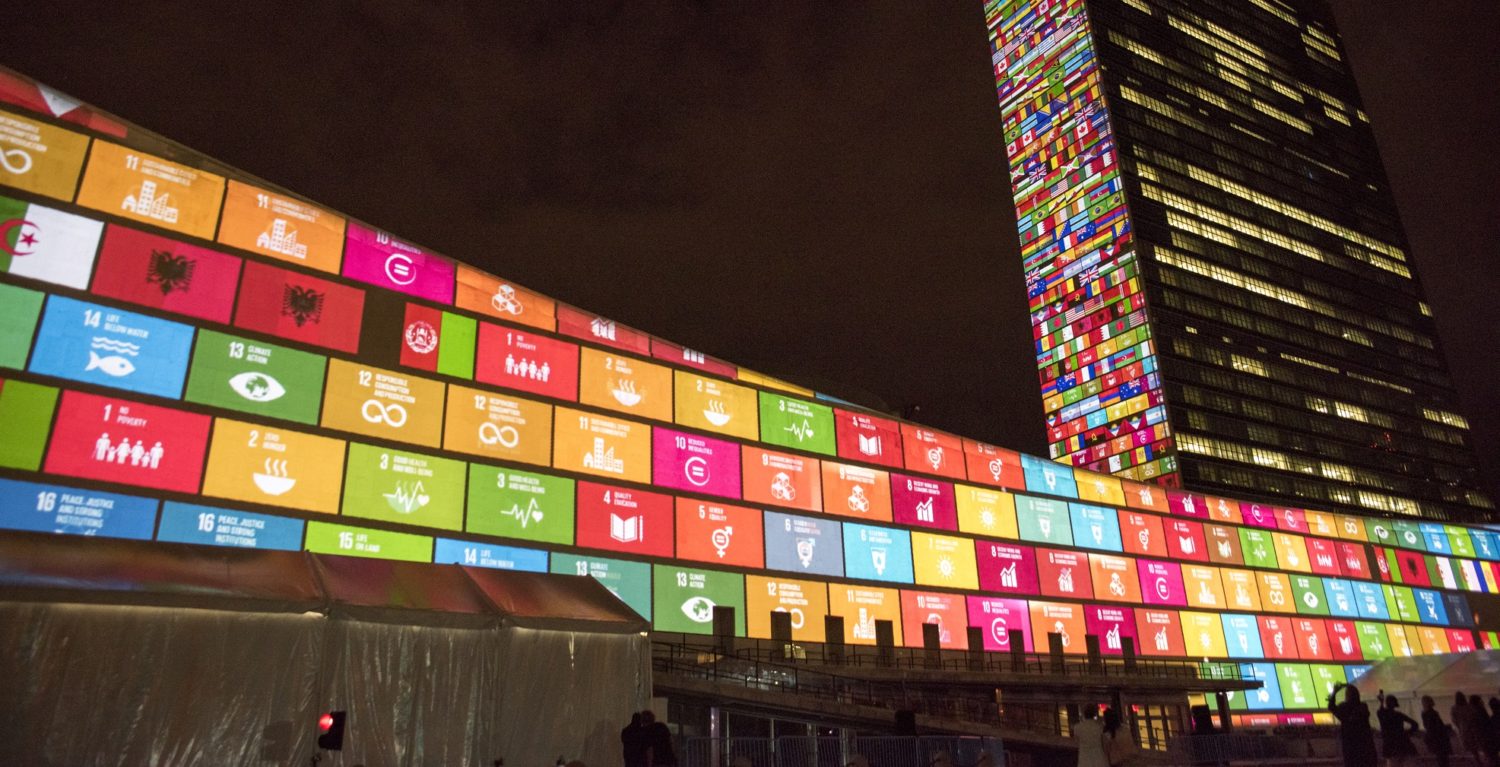Broken promises
Next week, the UK presents its progress towards the United Nations sustainable development goals. It will highlight our government’s failure to properly commit to equality and sustainability, argues Jessica Toale.
Next week, the UK will present its progress towards the UN sustainable development goals (SDGs) at the UN’s High-Level Political Forum. This voluntary national review paints a very mixed picture about the UK’s commitment to a set of global goals it helped develop only four years ago.
The UK’s commitment to sustainable development has come into sharp focus over the past six months. Extinction Rebellion and the school children’s climate strikes have raised climate change to an issue of national importance. The uncertainty around Brexit continues to throw a shadow over economic stability, and the UN’s special rapporteur on extreme poverty made a damning assessment of the UK’s support for its most vulnerable people.
As a result, commitments have been made, targets have been set and speeches have been delivered. The prime minister Theresa May has announced her plan to tackle climate change and sought to funnel more money into education.
But missing from these new commitments is a recognition that in 2015, the UK committed to achieving the UN sustainable development goals – a set of 17 ambitious goals which cover, amongst other things, eradicating poverty, increasing prosperity, protecting the planet and promoting peace – at home and abroad.
The UK has a unique role in the delivery of the SDGs. As a developed country not only does it have the responsibility to actively pursue sustainable development at home and abroad, it also has to ensure its domestic policies support, and do not undermine, other countries’ journeys toward a more sustainable future.
In 2017, I wrote Our Shared Responsibility, a Fabian Society pamphlet on the UK’s responsibility to deliver these goals. It looked in depth at the goals themselves, the challenges to delivering them, and how the UK was performing two years on from their adoption.
The picture wasn’t pretty.
The UK lagged behind other OECD countries on indicators such as renewable energy, income inequality, sustainable agriculture and health issues such as obesity. The number of people living in poverty had increased. The use of food banks was at a record high. Women’s representation in top jobs remained woefully low.
Cuts to legal aid, the ‘gagging bill’, changes to the Freedom of Information Act and Theresa May’s decision to axe the Department for Energy and Climate Change threatened to take us further backwards. The UK’s vote to leave the EU further undermined the expectation that workers rights, environmental regulations and the aid budget would continue to be protected.
Even in 2017, it was clear that the government wasn’t taking their responsibility seriously.
I set out a 10-point action plan calling for greater leadership, accountability and participation in the delivery of the SDGs in Britain. This included coordination from the prime minister and the cabinet office, with support from the Department for International Development (DFID) to ensure traction across government.
I called for the UK to develop a national action plan, setting out clear priorities, with active engagement from civil society. I recommended a a cross-departmental taskforce, a parliamentary scrutiny body, updated legislation and work to ensure the SDGs were reflected in single departmental plans. I also highlighted the need for devolved administrations to develop their own strategies that should be integrated into the UK national plan and a youth forum to identify priorities and monitor progress.
Finally, I called for the government to submit an official voluntary national review in July 2018.
More than two years since the publication of Our Shared Responsibility the government has released its voluntary national review, which is being presented next week at the UN.
So, how has the UK faired against the pamphlet’s recommendations?
Broadly, it is a mixed picture.
The voluntary national review covers both the government’s domestic and international activity, but missing is a full examination of how our domestic policies, consumption behaviours and trade relationships impact other countries.
Secondly, while evidence and data is used throughout the review, it is often selective. Ministers actively sought to exclude data on where the UK was performing badly. At present, the Office for National Statistics data covers only 74 per cent of the goals, and early work to improve this coverage in a collaborative way was prematurely aborted by government.
The review itself reads like a mapping of existing activity rather than a critical assessment of the UK’s performance with forward looking plans.
In relation to my 10-point call to action, the picture is also mixed. While there has been some cross-cabinet coordination on monitoring and implementation of the SDGs, much of the work around coordination has been left to DFID – including the preparation of the voluntary national review. This is problematic due to the international focus of DFID’s work and its lack of clout in other government departments.
The UK has also failed to develop a national action plan and associated scrutiny mechanisms – and made no commitment to develop them in future.
The picture is better on participation. Each chapter includes information on the devolved experiences of Wales, Scotland and Northern Ireland. A rudimentary civil society consultation process was run as part of the preparation of the review, and a commitment to a mechanism to “enhance stakeholder engagement and cooperation with government” has been made. This has not however extended to a dedicated youth forum on the SDGs.
While preparing the review was undoubtedly a massive undertaking, it failed to confirm the UK’s commitment to systematically delivering the goals. Much more needs to be done to build the government infrastructure, ensure policy coherence and implement a focused plan to do justice to the SDGs ambition to make the world a fairer and more sustainable place.
Photo: Projections of SDGs onto UN Headquarters
Credit: The United Nations

